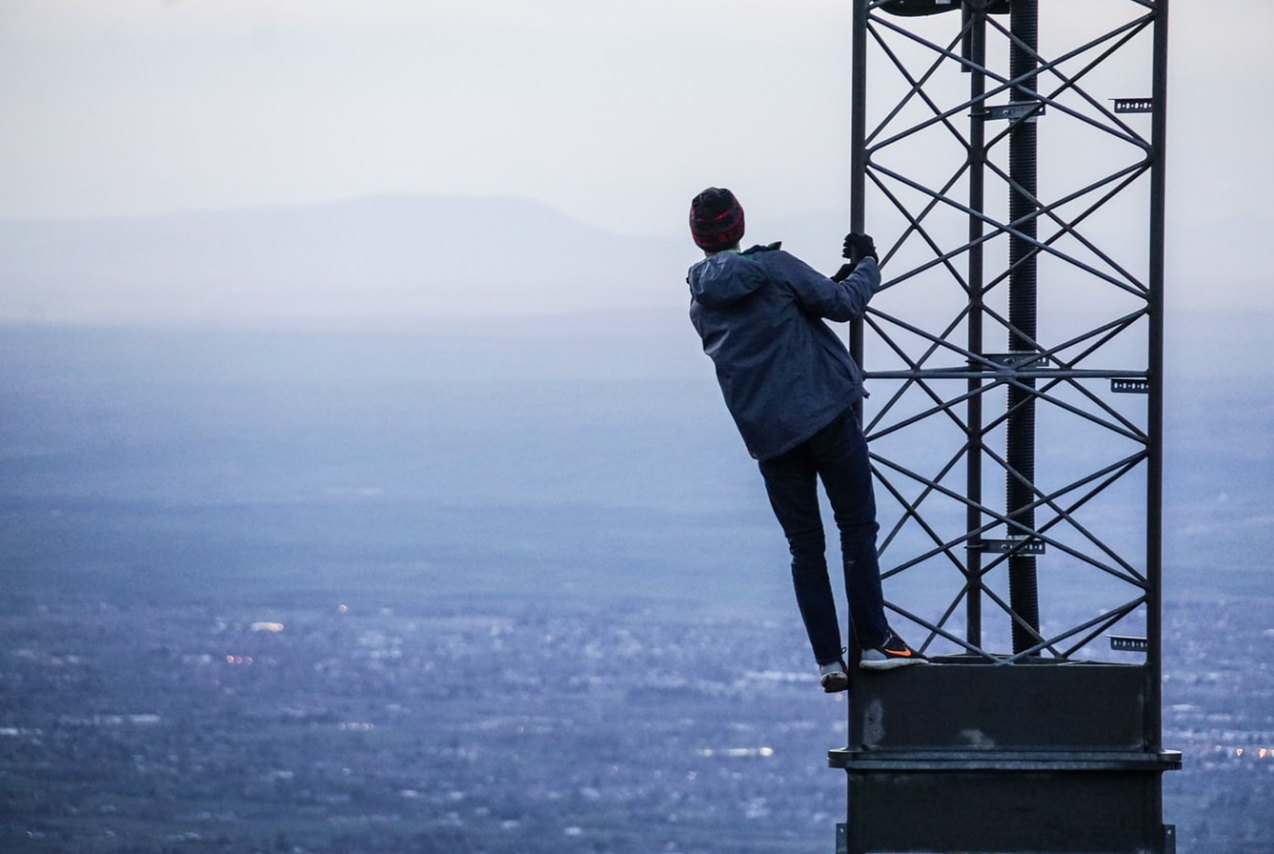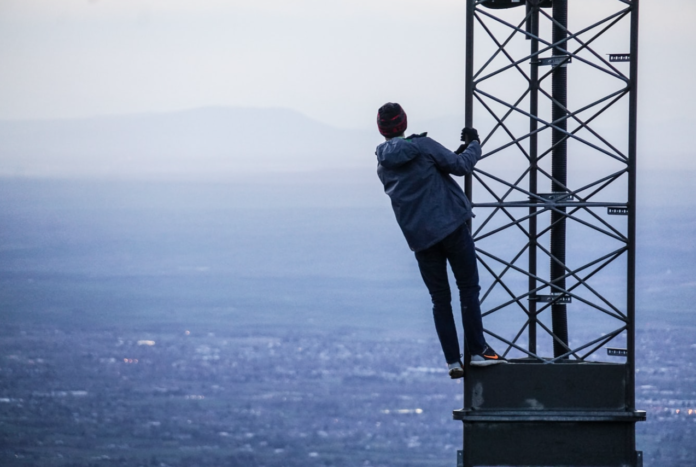5th Generation communication infrastructures are slowly but steadily being rolled out across New Zealand, promising to dramatically increase data bandwidth compared to current 4G levels. The telecommunications giant Vodafone, which rolled out over 100 5G sites across the country last December, has promised that the technology will bring large improvements to the quality of our national infrastructure and quality of life.
However, it is uncertain just how much the average New Zealander will notice the change. While billions of dollars are currently being spent on the big 5G rollout, with aims to provide coverage to the majority of the country by 2021, there is clearly a widespread belief that 5G will have a significant positive impact. Let’s take a closer look and see if it is worth the hype.

5G & Consumers
While Vodafone is offering customers a 5G plan for their cell phone for an extra $10 a month, the promise of greater speed and bandwidth may not be worth it. New Zealand already has some of the fasted download speeds on the planet, with online games, films, and music all being accessible in ultra-high quality to anyone with standard 4G coverage. For example, even the most high-quality online mobile casino games, such as the live blackjack offered by Wildz, can easily be played on a standard 4G cellphone from virtually anywhere in the country. While 5G will increase speeds and bandwidth dramatically, there are few ways that the average New Zealander will be able to notice the difference.
5G & Businesses
For businesses, 5G presents some more obvious opportunities. The increased bandwidth and reduced latency it offers has been touted as key for the large-scale automation of many business activities, particularly in manufacturing. This is because 5G enables data-intensive processes such as the Internet of Things (IoT), which requires lots of sensors to be able to seamlessly transmit large volumes of data to each other in order to automate industrial processes. In addition, 5G will also open up new possibilities for the expansion of AR and VR technologies. Some retail stores are already implementing AR that allows customers to see additional information about a product just by pointing their phone at it, whilst stadiums equipped with 5G are currently looking into broadcast AR live sports matches into people’s living rooms.

5G & The Public Sector
New Zealand’s public sector also stands to gain a lot from the 5G rollout, at least if examples from elsewhere are anything to by. In Hamburg in Germany, the telecoms giant Nokia installed a 5G-powered node system that greatly expanded the transfer of data between traffic lights, cranes, and CCTV cameras in order to ensure the city’s infrastructure was safer and that any errors could be flagged more quickly.
In Finland, 5G is being used in hospitals, where doctors can train hundreds of medical students on complex surgery simply by using a VR headset. The greater bandwidths that 5G allows is also allowing hospital staff to keep track of everything at once, from stocks of drugs, to patient vitals, to ward occupancy, all from a tablet device. If New Zealand exploits its 5G rollout in the same way, the rewards could be significant.
With all the hype around 5G, it helps to consider who and what will benefit the most. Consumers may not see a huge difference anytime soon, but industries and infrastructures in New Zealand most likely will.





Still don’t know why anyone would stream 4000 frames a minute on there mobile. It will wipe out everyone’s data in 5 minutes. Perhaps if you wanted a centrally controlled driverless system okay, 5G it is.
Comments are closed.